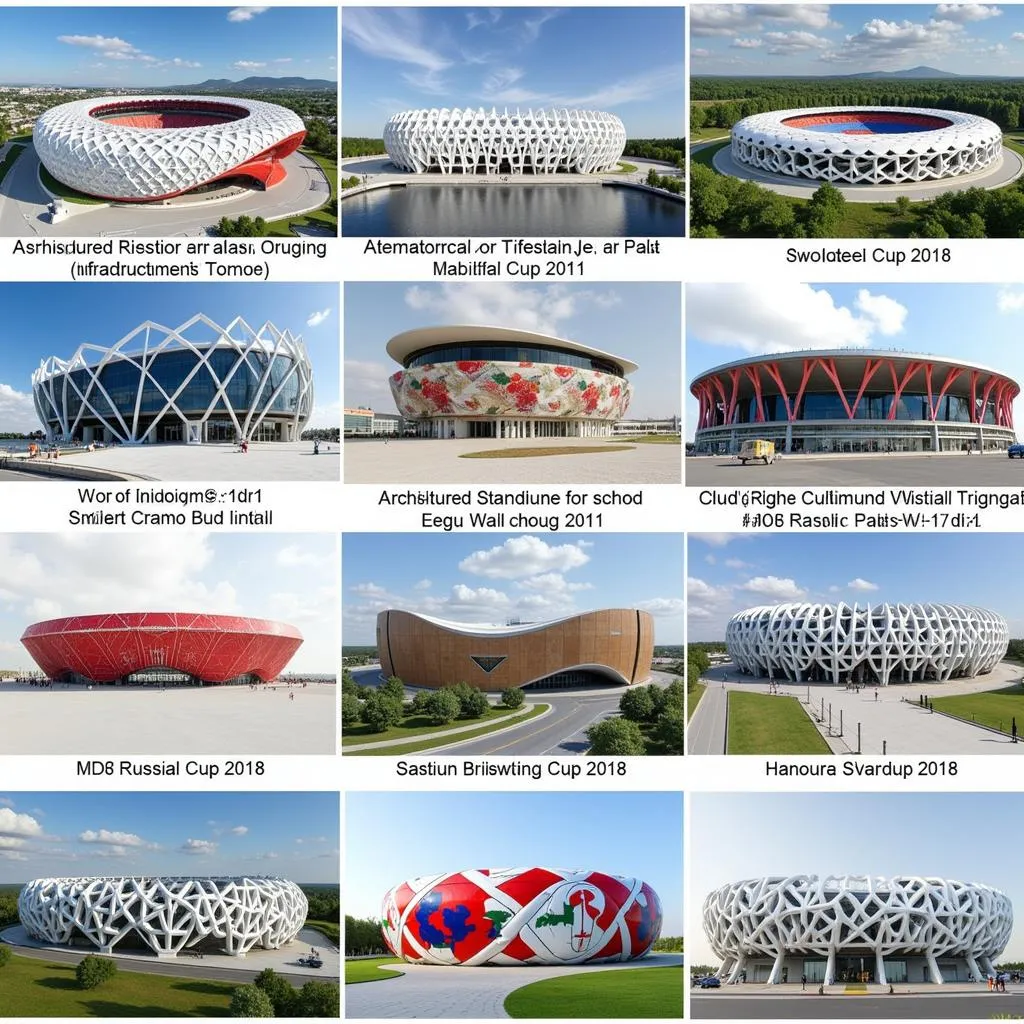The FIFA World Cup 2018, held in Russia, was a global spectacle that captivated millions worldwide. From the thrilling matches to the unexpected upsets, the tournament left an unforgettable mark on the world of football. But beyond the on-field action, the event also presented a complex background interwoven with political tensions, social dynamics, and economic factors. This article delves into the multifaceted narrative surrounding the 2018 World Cup, exploring its historical significance, controversies, and lasting impact.
The Legacy of Russia’s Triumphant Bid
The decision to award the 2018 World Cup to Russia sparked a wave of excitement and controversy. While some celebrated the opportunity for football to reach new heights in a traditionally strong footballing nation, others expressed concerns about the political climate and human rights violations. Russia’s victory in the bid process was a culmination of a long-held ambition to showcase its global standing and promote its national identity through the sport.
Political Tensions and Geopolitical Landscape
The tournament took place amidst a backdrop of heightened political tensions, particularly between Russia and the West. The annexation of Crimea in 2014 and the ongoing conflict in eastern Ukraine had created a climate of distrust and suspicion. The World Cup provided a platform for Russia to project its power and influence on the global stage, while also serving as a symbol of defiance against Western sanctions.
Social Dynamics and National Pride
For many Russians, the World Cup presented an opportunity to express their national pride and unity. The tournament became a rallying point for citizens, fostering a sense of collective identity and patriotism. The team’s impressive performance in the competition, culminating in a historic run to the quarter-finals, further fueled this sense of national pride.
Economic Impact and Infrastructure Development
Hosting the World Cup involved significant investment in infrastructure development across Russia. New stadiums, transportation networks, and hotels were constructed, creating economic opportunities and boosting tourism. The tournament served as a catalyst for modernization and showcased Russia’s capabilities to the world.
Controversies and Criticism
Despite the positive aspects, the 2018 World Cup was not without its controversies. Concerns about corruption and human rights violations overshadowed the tournament. The alleged influence of Russian government officials in the bid process and the treatment of LGBTQ+ individuals raised ethical questions.
Lasting Impact and Legacy
The 2018 World Cup left a lasting legacy, both for Russia and for the sport of football. The tournament contributed to the country’s economic growth and infrastructure development, while also fostering a renewed sense of national pride. However, the event also highlighted the complex geopolitical landscape and the challenges of hosting such a prestigious event.
Frequently Asked Questions
Q: What were the main highlights of the World Cup 2018?
A: The tournament featured thrilling matches, unexpected upsets, and a historic run to the quarter-finals by the Russian national team. France emerged as the champion, defeating Croatia in a captivating final.
Q: What were the major controversies surrounding the 2018 World Cup?
A: The tournament was marred by allegations of corruption, human rights violations, and concerns about the treatment of LGBTQ+ individuals.
Q: What was the economic impact of the World Cup 2018?
A: The event resulted in significant investment in infrastructure development and economic growth, particularly in the tourism sector.
Q: What is the lasting legacy of the 2018 World Cup?
A: The tournament left a lasting mark on Russia, contributing to infrastructure development, economic growth, and national pride. It also highlighted the complex geopolitical landscape and the challenges of hosting such a major event.
Q: What are some of the key takeaways from the 2018 World Cup?
A: The tournament demonstrated the power of football as a unifying force and a platform for national expression. It also highlighted the importance of addressing ethical and human rights concerns when hosting major sporting events.
The World Cup 2018 was a complex and multifaceted event, leaving a lasting impact on Russia and the world of football. It was a testament to the sport’s ability to unite people across borders while simultaneously highlighting the challenges and complexities of our globalized world.

